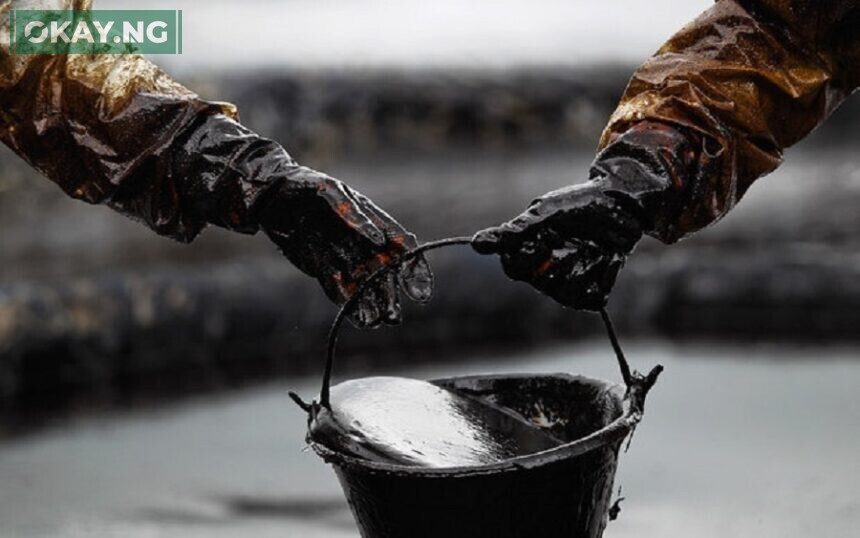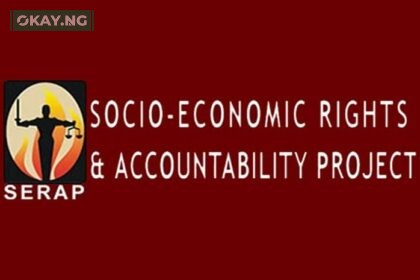The Petroleum Products Retail Outlet Owners Association of Nigeria (PETROAN) has raised serious concerns regarding the quality of crude oil being imported into the country, alleging that certain local refineries are importing “substandard crude” to cut costs. This revelation, made by PETROAN’s National Publicity Secretary, Joseph Obele, casts a shadow over the integrity of Nigeria’s downstream petroleum sector.
“Some refineries are importing substandard crude into the country. They do this to cut costs following the stoppage of the naira-for-crude deal,” Obele stated, highlighting a potential link between the end of the government’s financial initiative and the alleged decline in crude quality. While Obele declined to name specific refineries, he expressed hope that “those concerned…will make corrections.”
The core issue, as explained by PETROAN, revolves around the high sulphur content in the imported crude. “Any crude oil with high sulphur content does not meet the global standard,” Obele emphasized. This departure from global benchmarks raises significant concerns about the quality of the resulting petroleum products and the potential impact on Nigerian consumers.
The association’s concerns are not merely speculative. PETROAN has issued a formal caution to refinery operators, urging them to “ensure that the crude oil imported meets global standards to guarantee the production of high-quality petroleum products.” This call to action underscores the potential ramifications for Nigeria’s oil and gas industry.
“It is noteworthy that Nigerian crude oil, classified as sweet crude (with less than 0.5 per cent sulphur content), is among the best in the world, and we see no reason why imported crude oil should be of lower standards,” Obele asserted, highlighting the irony of importing inferior crude into a nation rich in high-quality oil.
The implications of this alleged practice extend beyond mere product quality. PETROAN warns that “the importation of substandard crude oil will compromise the quality of petroleum products, undermine the growth and development of the Nigerian oil and gas industry, and ultimately harm Nigerian consumers.”
In response, PETROAN has called on the Federal Government and regulatory agencies to “conduct thorough laboratory analysis on all crude oil imports to ensure they meet the required standards.” Furthermore, they urge authorities to ensure refinery operators adhere to the highest operational standards.
Read Also: Oil Producers Accused of Diverting Crude Oil Meant for Local Refineries
Adding another layer of complexity, PETROAN has also called on the Minister of State for Petroleum Resources (Oil), Heineken Lokpobiri, to conduct an appraisal of the first phase of the naira-for-crude initiative. This appraisal is deemed necessary to determine the best course of action for Nigerians’ interests, especially concerning the potential rise in petroleum product prices.
“The permutation that the price of petroleum products will keep increasing as the naira-for-crude deal comes to an end is a serious concern to PETROAN,” Obele explained. The association advocates for the continued openness of the refined petroleum product importation window to mitigate potential price increases.
Despite these challenges, PETROAN remains optimistic about the long-term impact of the Petroleum Industry Act, believing that increased competition will eventually lead to price stabilization and reduction. “We believe that as the market adjusts to the new realities, prices will stabilise and eventually decrease,” Obele stated.
To safeguard its members and Nigerian consumers, PETROAN has pledged to “conduct laboratory testing on refined petroleum products to determine which refinery or depot to mobilise our members to purchase from.” This proactive approach signals a commitment to quality and consumer protection.
This situation presents a critical juncture for Nigeria’s petroleum industry. The need for transparency, stringent quality control, and effective regulatory oversight has never been more apparent.













